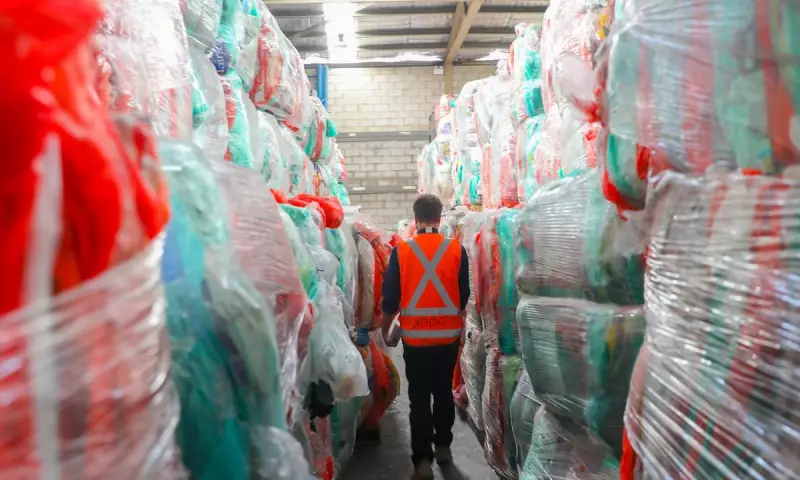
Two years after the dramatic collapse of RedCycle, Australia's flagship soft plastics recycling program, the environmental toll is becoming increasingly dire. Millions of tonnes of plastic waste originally destined for recycling are now clogging landfills, littering waterways, and harming wildlife.
The Broken Promise of Recycling
When RedCycle suspended operations in late 2023 after revelations it had been stockpiling rather than recycling plastics, it left Australia without a national solution for soft plastics. Supermarkets had promoted the program as an eco-friendly way to dispose of packaging, collecting plastics at thousands of stores nationwide.
Mountains of Plastic With Nowhere to Go
Investigations revealed that instead of being recycled, much of the collected plastic was secretly stored in warehouses. Now, with no large-scale alternative, most soft plastics - including bread bags, chip packets and cling wrap - end up in general waste.
Environmental Consequences
Environmental groups report alarming increases in plastic pollution:
- Soft plastic litter in waterways has increased by an estimated 40%
- Wildlife rescuers report more animals entangled in or ingesting plastic
- Microplastics are being found in alarming concentrations in soil samples
"We're seeing the consequences of failed policy and corporate greenwashing," said Dr. Emma Wilson of the Australian Marine Conservation Society. "The plastic crisis was bad before RedCycle collapsed - now it's catastrophic."
Industry Response Falls Short
While some supermarkets have introduced small-scale recycling trials, experts say these barely scratch the surface of the problem. The federal government's much-touted Plastic Packaging Pact has yet to deliver meaningful solutions.
"We need urgent action on multiple fronts," says waste management expert Professor James Chen. "Better packaging design, proper investment in recycling infrastructure, and holding companies accountable for the waste they produce."
With soft plastic production continuing unabated, environmentalists warn Australia is losing the battle against plastic pollution - and time is running out to find real solutions.





